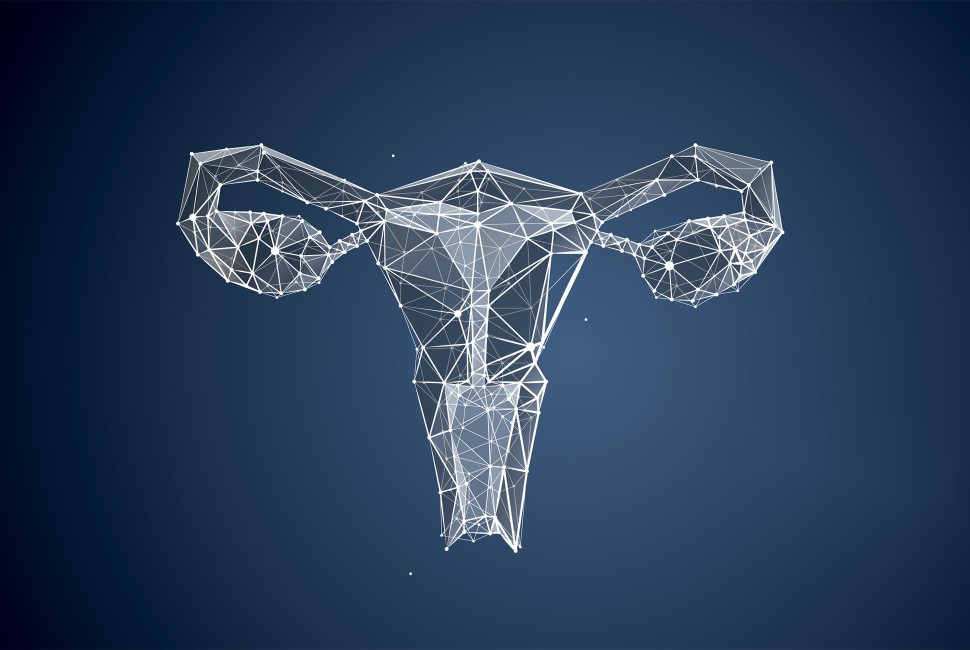Media Coverage
The work done by Northwestern University Feinberg School of Medicine faculty members (and even some students) is regularly highlighted in newspapers, online media outlets and more. Below you’ll find links to articles and videos of Feinberg in the news.
-
Crain’s Chicago Business
–
Northwestern to offer home-based health training
“Ultimately, being in your own home is where most seniors want to be. With home-based primary care, it allows physicians to meet that need,” said Dr. Lee Lindquist , chief of geriatrics at Feinberg, who leads the initiative. “With HCCI we’re able to leverage the educational abilities of Northwestern and lead the field in training the new generation of physicians in home-based medical care.”
-
The New York Times
–
Can You Develop Food Allergies at Any Age?
Dr. Ruchi Gupta a food allergy researcher at the Ann and Robert H. Lurie Children’s Hospital of Chicago and Northwestern University Feinberg School of Medicine, who led the national study, noted that at allergy meetings around the world, “you’d hear more and more about adult-onset food allergy. But this was all anecdotal. That’s the reason we did the study, to get the numbers behind how frequently.” Last year, Dr. Gupta and colleagues from Northwestern and the NORC Survey Research Lab at the University of Chicago surveyed 40,447 adults across the United States, recruited from a nationally representative sample. They found that shellfish was the most common food allergy among adults, affecting 3.9 percent of the population, followed by peanut allergies, at 2.4 percent, and tree nut allergies, at 1.9 percent.
-
Chicago Tribune
–
How to cope with travel constipation
“It’s the whole psychological thing of how regular are you and are you in a frame of mind to have that regular bowel movement,” said Dr. Michael Ruchim
, associate chief medical officer at Northwestern Memorial Hospital. It’s something that’s talked about but “not well-described in literature with science behind it.” -
Huffington Post
–
Cancer Doesn’t Care How We Vote
President Trump and distinguished members of Congress: My colleagues, patients and I are ready, willing and able to help you craft a new health care bill. Please reach across the aisles and include us. Together we can find a better way.
Written by Dr. Melissa Simon
-
HealthDay
–
Is the ‘Anti-Statin’ Trend Threatening Lives?
Muscle aches and pains are the most common side effect associated with statins, with about 20 percent of patients reporting these symptoms, said said Dr. Donald Lloyd-Jones. He’s a professor of preventive medicine and cardiology at the Northwestern University School of Medicine in Chicago. “They have the muscle aches anyway,” Lloyd-Jones said. “If you think about it, in general people who are getting statins are a little bit older, and we’re advising to stay physically active for their heart health. They’re going to have some muscle aches.” Lloyd-Jones said statins can increase blood sugar levels, creating a 10 percent to 20 percent increased risk of developing diabetes. “However, and this is a big however, people with normal blood sugar and people who are not significantly obese do not develop diabetes from being put on a statin,” Lloyd-Jones said. “It’s only people who are already at high risk for developing diabetes who get a little bump in their blood sugar from a statin that pushes them over the threshold of diagnosis.”
-
The Washington Post
–
No dye: Cancer patients’ gray hair darkened on immune drugs
“It’s a fascinating report — one of those things that comes out of the blue,” said Dr. June Robinson , a Northwestern University research professor in dermatology. Robinson is also editor of the medical journal JAMA Dermatology, which published the study online this month. She said the results deserve a deeper look but cautioned that it’s way too soon to suggest that they might lead to new treatments for gray hair.
-
The New York Times
–
No Dye: Cancer Patients’ Gray Hair Darkened on Immune Drugs
“It’s a fascinating report — one of those things that comes out of the blue,” said Dr. June Robinson , a Northwestern University research professor in dermatology. Robinson is also editor of the medical journal JAMA Dermatology, which published the study online this month. She said the results deserve a deeper look but cautioned that it’s way too soon to suggest that they might lead to new treatments for gray hair.
-
Associated Press
–
No dye: Cancer patients’ gray hair darkened on immune drugs
“It’s a fascinating report — one of those things that comes out of the blue,” said Dr. June Robinson , a Northwestern University research professor in dermatology. Robinson is also editor of the medical journal JAMA Dermatology, which published the study online this month. She said the results deserve a deeper look but cautioned that it’s way too soon to suggest that they might lead to new treatments for gray hair.
-
The New York Times
–
A Sensor on Your Skin That Looks and Feels Like a Temporary Tattoo
But the sensor cannot accomplish these tasks alone. “It’s not a full integrated electronic system,” said John A. Rogers , a professor of materials science and engineering at Northwestern University, who was not involved in the study. It needs to be combined with a power source and devices to read and transfer the data. “It’s a component of a broader system that could have utility.”
-
U.S. News & World Report
–
Many treatment options, most experimental, available to John McCain
“That (recovery) usually takes about 10 to 14 days before starting therapy,” said Dr. Maciej Lesniak, chair of neurological surgery at Northwestern Memorial Hospital in Chicago. The treatment is usually very well tolerated, Lesniak said. “Generally, people can maintain normal quality of life during therapy including their work in the majority of cases.”






